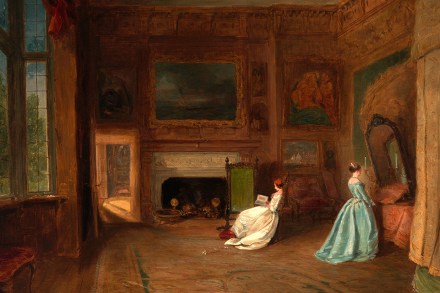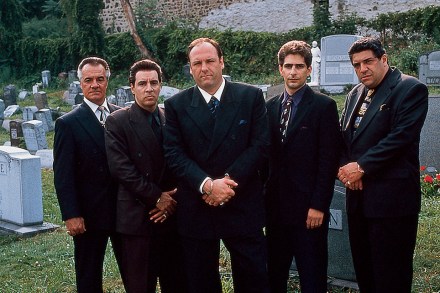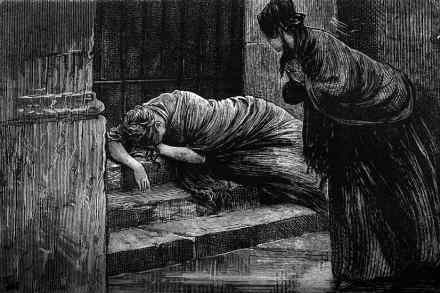The atmosphere of a historic country house cannot be bought
The Historic Houses Association can congratulate itself. This pressure group for country houses, founded in 1973, has proved to be one of the most effective lobbying organisations of our time. When it came into being, the future, according to the architectural historian John Cornforth, was ‘full of gloom’ for the country house. The Destruction of the Country House exhibition of 1974 revealed the extent of the crisis, which had set in a century earlier with the agricultural depression of the 1870s. That was when aristocrats who had previously relied on the income from their estates built their hopes on landing a transatlantic beauty with ‘plenty of tin’. The supply of




